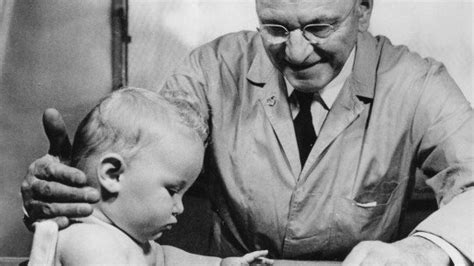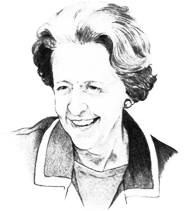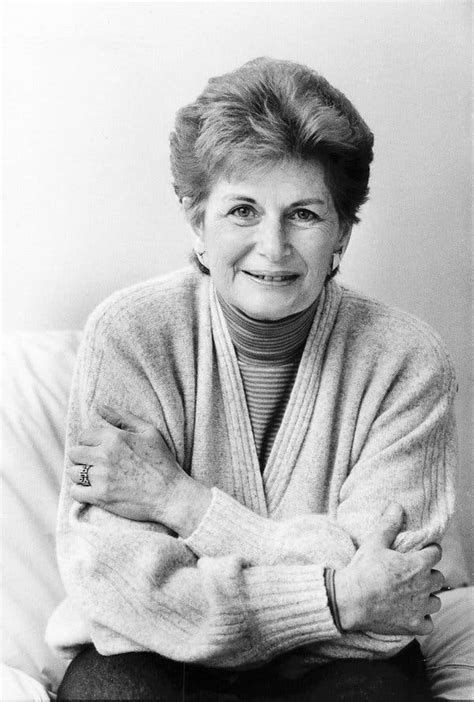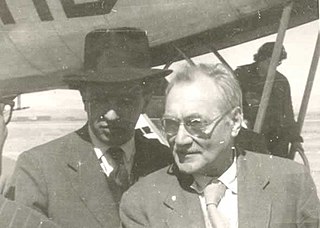A Quote by Maria Montessori
The ancient superficial idea of the uniform and progressive growth of the human personality has remained unaltered, and the erroneous belief has persisted that it is the duty of the adult to fashion the child according to the pattern required by society.
Related Quotes
The child's personality is a product of slow gradual growth. His nervous system matures by stages and natural sequences. He sits before he stands; he babbles before he talks; he fabricates before he tells the truth; he draws a circle before he draws a square; he is selfish before he is altruistic; he is dependent on others before he achieves dependence on self. All of his abilities, including his morals, are subject to laws of growth. The task of child care is not to force him into a predetermined pattern but to guide his growth.
Yoga is existential, experiential, experimental. No belief is required, no faith is needed - only courage to experience. And that's what's lacking. You can believe easily because in belief you are not going to be transformed. Belief is something added to you, something superficial. Your being is not changed; you are not passing through some mutation.
[To the cultures of Asia and the continent of Africa] it is the Western impact which has stirred up the winds of change and set the processes of modernization in motion. Education brought not only the idea of equality but also another belief which we used to take for granted in the West-the idea of progress, the idea that science and technology can be used to better human conditions. In ancient society, men tended to believe themselves fortunate if tomorrow was not worse than today and anyway, there was little they could do about it.
Personal change, growth, development, identity formation--these tasks that once were thought to belong to childhood and adolescence alone now are recognized as part of adult life as well. Gone is the belief that adulthood is, or ought to be, a time of internal peace and comfort, that growing pains belong only to the young; gone the belief that these are marker events--a job, a mate, a child--through which we will pass into a life of relative ease.
There are certain functions that the family performs. In the first place the family provides society with an orderly means of reproduction, while at the same time the norms of marriage control the potentially disruptive forces of sexuality. Second, the family provides physical and economic support for the child during the early years of dependence. The child receives its primary socialization in the family, learning the essential ideas and values required for adult life.
We act, we behave, and we feel the vibration that we're in at the present time according to what we consider our self image to be. And we do not deviate from that pattern. The image you hold of yourself is a premise, a foundation (idea) on which your entire personality is built. This image, not only controls your behavior but your circumstances as well.
We are humanity, Kant says. Humanity needs us because we are it. Kant believes in duty and considers remaining alive a primary human duty. For him one is not permitted to “renounce his personality,” and while he states living as a duty, it also conveys a kind of freedom: we are not burdened with the obligation of judging whether our personality is worth maintaining, whether our life is worth living. Because living it is a duty, we are performing a good moral act just by persevering.



































